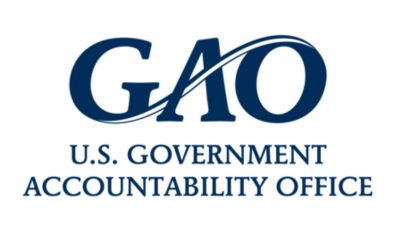NATIONAL CLIMATE CRISIS DECLARED
RMI predicts loss of land mass
Citing international inaction as its main factor, the Republic of Marshall Islands declared a national climate crisis over the weekend, based on the findings of an intergovernmental report that the low-lying nation faces a significant loss of its land mass if the climate crisis goes unresolved.
The RMI, through their parliament or Nitijela, passed Resolution 83 on Oct. 11, 2019, effectively declaring a national climate crisis and announcing the island nation’s intent to direct current and future RMI governments to prioritize the issue of climate change.
The resolution noted the “extreme vulnerability and special circumstances faced by low-lying coral atoll nations,” such as the Marshall Islands, which are faced with a projected rise in sea levels that will ultimately result in a “significant or total loss of land mass.”
“Our parliament has officially declared a national climate crisis. As one of only four low-lying coral atoll nations in the world, the failure of the international community to adequately respond to the global climate crisis of its own making holds particularly grave consequences,” Marshallese president Dr. Hilda C. Heine noted in a social media post.
“The [RMI] is calling for the international community to consider ways to respond to and support the extreme vulnerability and special circumstances faced by the low-lying coral atoll nations of the world,” the resolution added.
It urged other governments to respond to a recent call by the United Nations to submit updated 2040 decarbonization strategies in line with the Paris Climate Accord, a United Nations pact that calls for the financial support for efforts toward combatting climate change.
The resolution cited the Intergovernmental Panel on Climate Change’s special report, which projects global warming of 1.5 degrees Celsius.
According to the report, by 2100, global mean sea level rise is projected to be around 0.1 meters, with global warming of 1.5 degrees Celsius to over 2 degrees Celsius.
“A slower rate of sea level rise enables greater opportunities for adaptation in the human and ecological systems of small islands, low-lying coastal areas, and deltas,” the report noted.
“A reduction of 0.1 meters in global sea level rise implies that up to 10 million fewer people would be exposed to related risks,” the report further noted, citing population numbers for 2010.
“Increasing warming amplifies the exposure of small islands, low-lying coastal areas and deltas to the risks associated with sea level rise for many human and ecological systems, including increased saltwater intrusion, flooding and damage to infrastructure,” the report further noted.
RMI has been reporting increased incidences of the intrusion of high tides, called king tides, with ocean inundation creeping higher and higher each year.



























